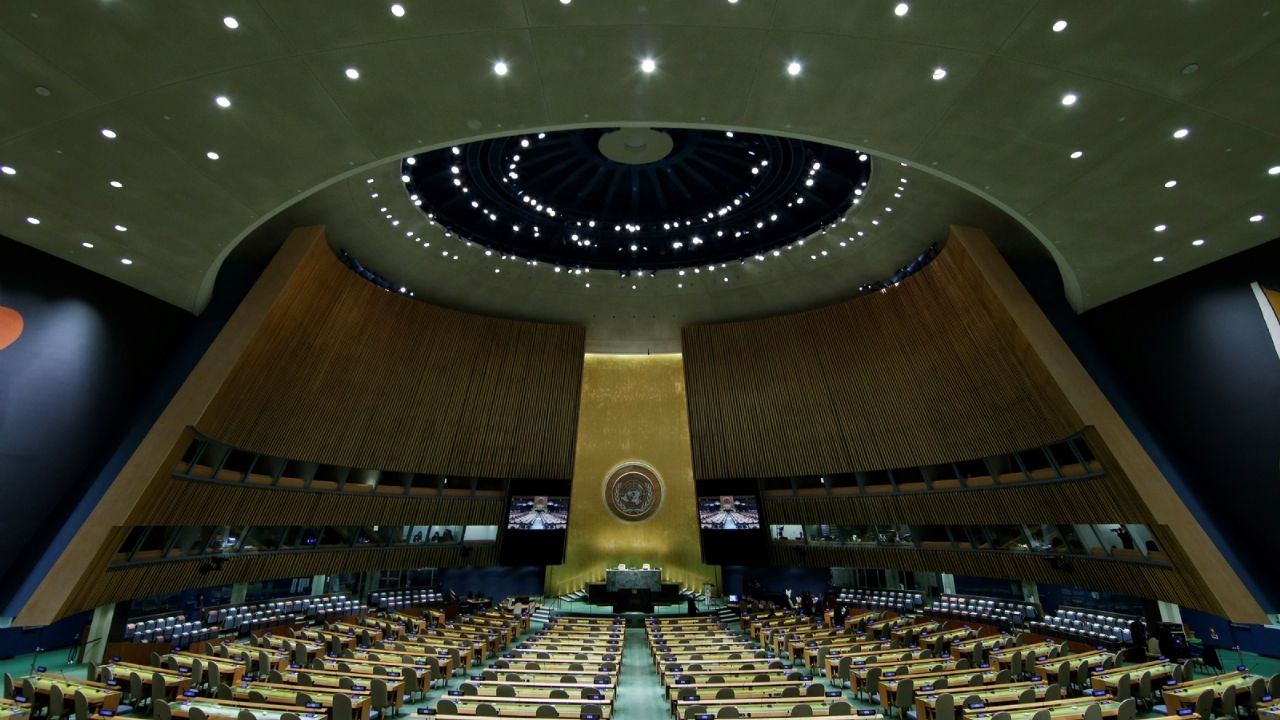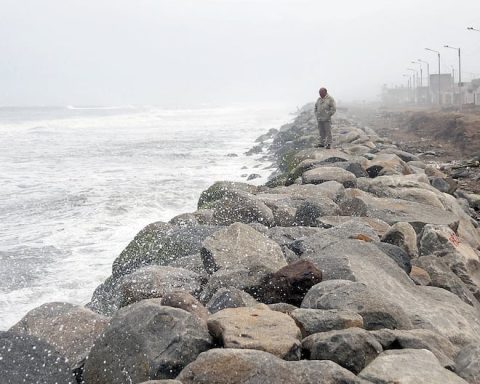Several countries of the United Nations Organization (UN) supported the Argentine claim for the United Kingdom to resume bilateral negotiations and thus resolve the sovereignty dispute over the Malvinas, South Georgia and South Sandwich Islands and the surrounding maritime spaces.
The organism discussed the issue at the first session of the Joint General Debate on Decolonization of the United Nations General Assembly Committee on Special Policy and Decolonization (UN).
The international support presented by the other member states of the UN in the so-called Fourth Committee was in response to the position presented by Argentina in relation to the Malvinas Islands.
The representative of our neighboring country Uruguay, on behalf of Mercosur, reiterated the bloc’s support for Argentine rights and stated that “the way to put an end to the special and particular colonial situation of the islands is the peaceful and negotiated solution of the dispute between the two parties”.

In turn, the ambassador of Ecuador, on behalf of the Community of Latin American and Caribbean States (CELAC), recalled the “permanent interest” of the countries that make up the region in which Argentina and the United Kingdom “resume negotiations in order to to find a peaceful and definitive solution to the dispute.
One of the strongest warnings was that it is “essential that the United Kingdom put an end to the exploration and exploitation of natural resources (renewable and non-renewable) and that it refrain from promoting military exercises in the disputed area.”

In addition, there were pronouncements from Nicaragua, Mexico, Guatemala, Peru, Brazil and Panama, which declared themselves in favor of the legitimate rights of Argentina in the dispute over the Malvinas, South Georgia, South Sandwich Islands and the surrounding maritime spaces.
The position presented by Argentina
According to a statement from the Argentine Foreign Ministry, Carmen Squeff, ambassador and permanent representative to the United Nationsexposed the foundations that support the Argentine rights and reiterated the invitation to the United Kingdom to peacefully resolve the dispute.
According to Squeff, the UK’s refusal to resume negotiations “finds no basis in international law.because “in the matter of the Malvinas Islands we find ourselves with a territory colonized by the United Kingdom, without there being a people subject to colonial subjugation, domination or exploitation.”


















